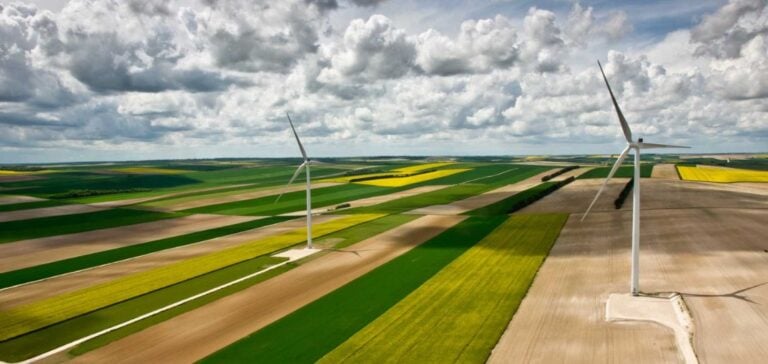While the EU aims to eliminate the use of coal to achieve carbon neutrality by 2050, Bulgaria is struggling to keep pace. The new regulations impose CO2 quotas that companies must meet or buy back at a high price if they exceed. This measure has made coal-fired power plants less and less profitable, underlining the lack of preparation for an ecological transition.
A failed transition?
The village of Beli Bryag in Bulgaria symbolizes the dashed hopes of this Balkan nation, the poorest in the European Union. Originally slated for demolition to expand a coal mine, the village is now almost deserted. Village mayor Ivelina Dimcheva stresses the absurdity of continuing to expand a mine that will soon be obsolete due to European regulations. “The situation is tragic,” she asserts, highlighting the desolation of the ghost hamlet and the precariousness of its last residents.
Economic consequences
The Maritza Iztok basin, which employs over 11,000 people and supports around 70,000 indirect jobs, illustrates the profound impact of decarbonization on local communities. With the imminent closure of the mines, thousands of miners like Stanimir Georgiev find themselves without prospects, fuelling discontent and anti-European sentiment.
Comparison with Poland
In contrast, Poland faces its own challenges but is moving resolutely towards a renewable future. The Belchatow power plant, despite its reputation as Europe’s biggest CO2 emitter, is a symbol of a bygone era. Coal’s share of Polish energy production has fallen sharply, from 87% in 2015 to 63% in the previous year, with a growing transition to solar and wind power.
Energy renewal
Poland plans to completely phase out coal by 2049, an ambition underpinned by the growth of renewable energies, which already account for a quarter of the national energy mix. Grzegorz Wisniewski, an expert at Warsaw’s IEO, estimates that the share of renewables could reach 70-80% by 2040, marking a radical break with the coal-dependent past.
The energy transition in Bulgaria and Poland reflects the varied challenges that Europe must overcome in its commitment to carbon neutrality. While Bulgaria struggles with the consequences of insufficient preparation, Poland moves forward with an ambitious plan to reshape its energy landscape, illustrating two distinct trajectories within the European Union.






















